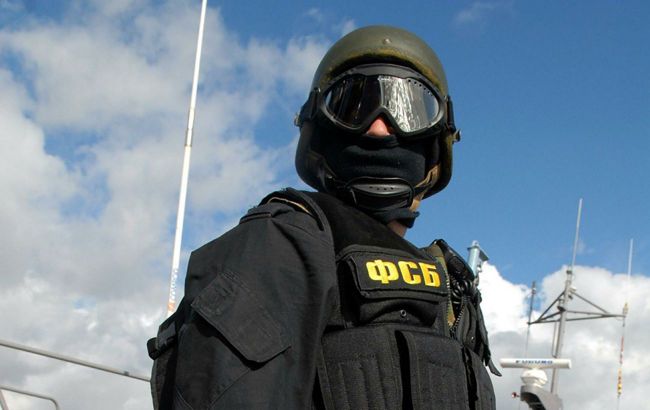FSB takes full control of science in Russia: What is now prohibited
 Illustrative photo: Russian science under the FSB’s watch (Russian media)
Illustrative photo: Russian science under the FSB’s watch (Russian media)
Currently, in Russia, all scientific projects involving foreign participation must be approved by the FSB. Scientists are already speaking of fear, self-censorship, and the threat of repression, according to the Foreign Intelligence Service of Ukraine.
From September 1, 2025, a law came into effect in Russia that places international scientific collaboration under the control of the FSB. From now on, all civilian research involving foreign scientists or organizations must be approved by the security service.
Fear and self-censorship among scientists
Anxiety is growing within Russia’s scientific community. Researchers fear that even publishing an article in a foreign journal could be considered "disclosing information to a foreign state." Scientists report an increase in self-censorship, and international contacts are accompanied by a sense of paranoia due to the uncertainty of the new rules.
Who avoided control
At the same time, the Ministry of Defense, the Ministry of Foreign Affairs, Rosgvardiya (The Federal Service of Troops of National Guard of the Russian Federation - ed.), the Ministry of Emergency Situations, and the Federal Medical-Biological Agency managed to have their projects excluded from the unified database that is now under FSB control. Only civilian areas — ranging from philology and economics to medicine — have come under supervision.
This is not the only step by the security service to tighten control. Earlier, the FSB gained the right to establish its own detention centers for holding suspects before trial. This significantly expands its autonomy in matters related to security, espionage, or terrorism and can be used for political repression.
The admission of foreign ships into Russian ports now also requires FSB approval. In 2025, the security service focused on internal control, repression, and imprisonment, as well as creating threats to other countries — even those officially considered "friendly."
Previously, RBC-Ukraine reported that in Russia, showing disrespect toward authorities or insulting the Kremlin’s head, Vladimir Putin, can lead not only to fines but also to arrest. Since 2019, nearly 400 cases have been initiated.
Over the past six years, at least 12 people have been placed under administrative arrest for "disrespect" toward Putin. In total, at least 391 administrative cases have been filed for insulting the head of the Kremlin.

